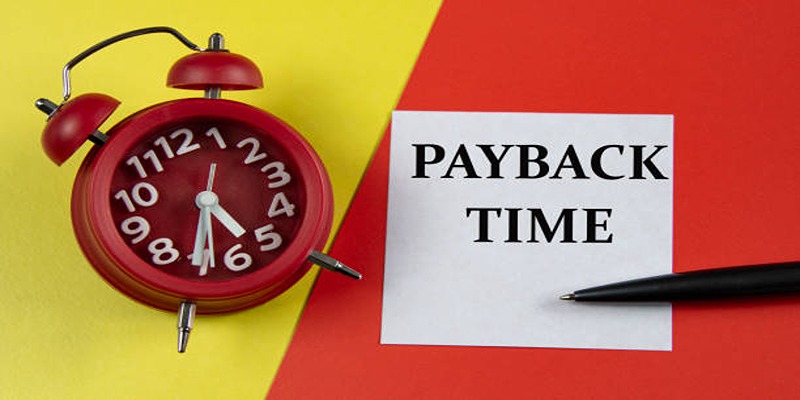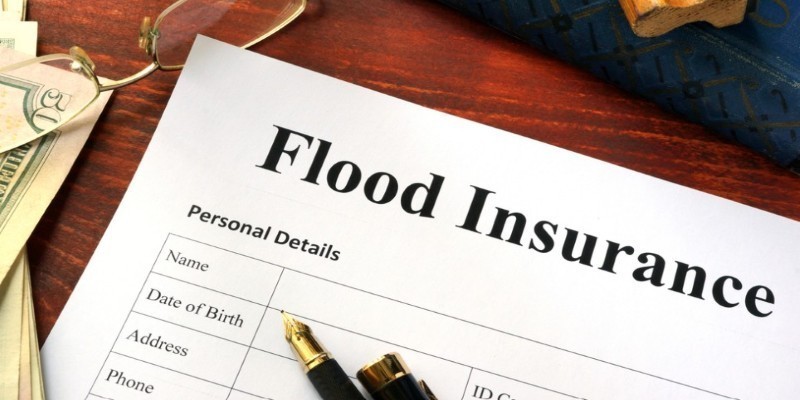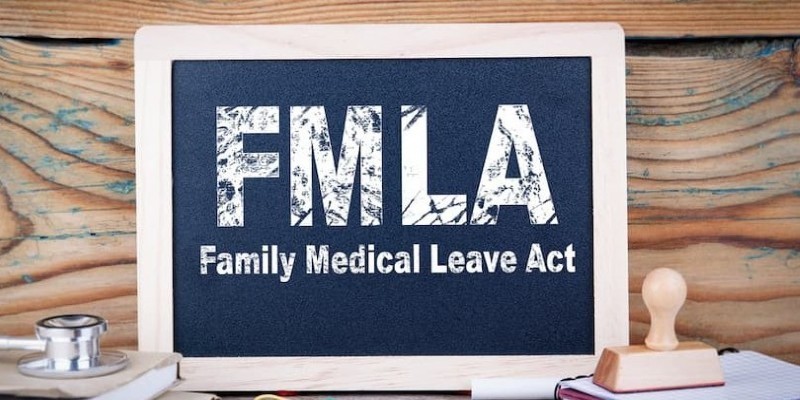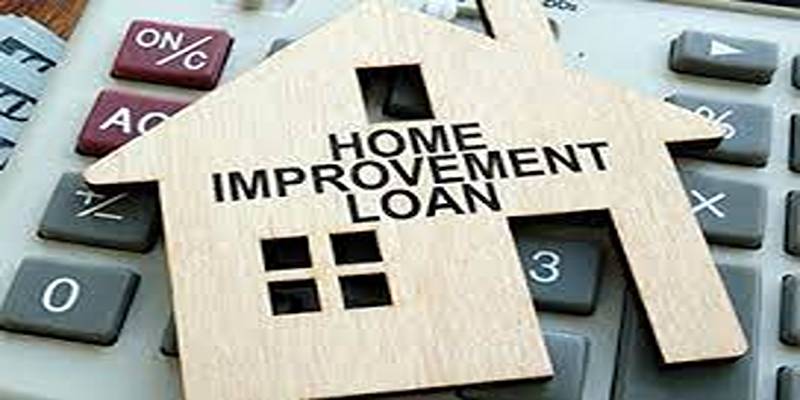The credit cards provide reward, convenience, and a means to establish credit, however, when used improperly can result in financial crisis. The most important part is to understand when to swipe/tap and when to wait before using your finances. In this guide, you will find useful information on how to get the best of credit cards and their benefits, and how to completely avoid the pitfalls that many people fall into.
The Benefits of Using Credit Cards
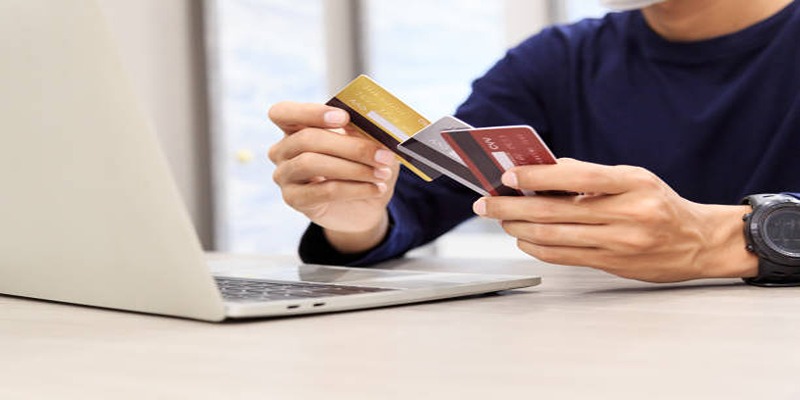
Credit cards come with incredible benefits when used wisely. Here’s why they might be your go-to payment method:
Earn Rewards and Cashback
Most credit cards have rewards programs such as airline miles, or points per dollar you spend. They give you back a certain percentage of what you buy with a cashback card, which is an excellent way to save money on your daily expenses. As an illustration, a grocery cash back card with 2 percent cashback can result in huge savings in the long term.
Put recurring necessities such as utilities, groceries or gas on your credit card to earn more reward points without spending more.
Build and Improve Your Credit Score
Using a credit card responsibly is one of the best ways to build a strong credit score. Creditors look favorably on consistent payment history and a low credit utilization ratio (how much credit you use compared to your limit).
A high credit score can open doors to better loan terms, rental agreements, and even employment opportunities.
Increased Security and Fraud Protection
Compared to debit cards or cash, credit cards often come with robust fraud protection policies. Most credit card companies allow you to dispute unauthorized transactions with ease, minimizing your financial risk.
Additionally, credit cards often include features like extended warranties and purchase protection, adding an extra layer of assurance.
Example: If your credit card is stolen, your liability may be capped at $50 or less. Contrast that with a debit card, where charges could immediately impact your checking account.
Budgeting and Interest-Free Periods
Many credit cards offer an interest-free grace period, typically ranging from 21 to 25 days. If you can pay your balance in full during this period, you effectively get an interest-free loan. Paired with good budgeting practices, this makes credit cards a powerful tool for managing cash flow.
When to Use Your Credit Card
Not every expense is created equal. Here are some instances where using a credit card truly shines:
Online Shopping
Credit cards offer greater security for online shopping compared to debit cards. They provide fraud alerts, purchase protection, and the ability to dispute charges, ensuring safer transactions and added peace of mind if issues arise.
Travel Expenses
Whether booking a flight, reserving a hotel, or renting a car, travel expenses are ideal for credit card use. Not only do they often earn higher reward points, but credit cards also provide benefits like travel insurance, foreign transaction fee waivers, and rental car protection.
Recurring Payments
For recurring subscriptions like streaming services or gym memberships, using a credit card ensures timely payments, preventing disruptions. Plus, you can rack up reward points in the process.
Big-Ticket Purchases
Large expenses like electronics or furniture often qualify for extended warranties through your credit card. This added protection can save you money on repairs or replacements down the line.
Emergency Expenses
When you face unexpected medical bills or car repairs and don’t have immediate cash on hand, credit cards can serve as a safety net during emergencies. That said, always aim to repay these amounts as quickly as possible to minimize interest costs.
When to Avoid Using a Credit Card
While credit cards come with significant perks, certain situations call for caution or avoiding them altogether.
When You Can't Pay the Full Balance
Carrying a credit card balance can lead to steep interest rates, often over 15%. If you can’t pay off your balance in full each month, consider using debit or cash to manage spending.
For Impulse Purchases
Psychologically, it’s easier to spend with a credit card than cash, which can lead to unnecessary purchases. If you’re prone to impulsive spending, using a debit card or a cash-based system is safer.
When the Interest Rates Are High
Credit card APRs (annual percentage rates) can be steep. If you plan to finance major purchases over time, consider other options like personal loans, which often have lower interest rates.
To Pay Off Other Debt
Using one credit card to pay off another is a recipe for financial trouble. This cycle can lead to mounting debt and damaged credit.
Better Alternative: Look into balance transfer cards offering promotional 0% interest periods, allowing you to pay off debt strategically.
For Small Purchases You Don’t Budget For
A $5 coffee here, a $10 snack there—it might not seem like much, but the small, unbudgeted expenses can quickly add up. Using cash for these purchases can help you stay mindful of your spending.
When Close to Your Credit Limit
To maintain a strong credit score, keep your credit utilization below 30% of your limit. If you're approaching the maximum, pause additional spending and focus on paying down your balance promptly.
Mastering the Fine Balance

The key to smart credit card usage is mindfulness and discipline. Here are additional tips to ensure you’re always in control:
- Track Spending: Regularly review your credit card statements to ensure you’re staying within budget and to spot any unauthorized transactions immediately.
- Set Alerts: Many credit card providers allow you to set spending alerts or notifications, keeping impulses in check.
- Start Small: If you’re new to credit cards, start by using them for small recurring expenses while paying off the balance monthly to avoid any debt.
- Establish Emergency Funds: Don’t rely solely on credit cards for emergencies. An emergency savings account can provide better peace of mind.
Conclusion
When used effectively, credit cards can be a powerful tool for convenience, rewards, and building financial stability. They allow you to take advantage of benefits such as cashback, travel perks, and enhanced security while increasing your creditworthiness. However, it’s equally important to recognize their potential pitfalls. Mismanagement, high interest rates, or impulse spending can lead to significant debt and financial strain.




